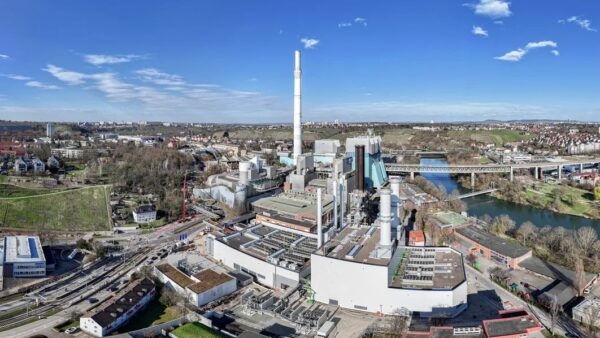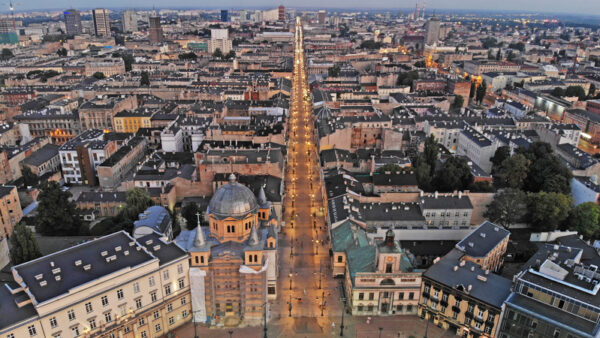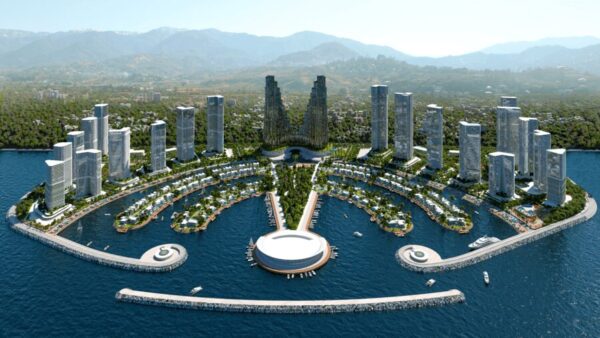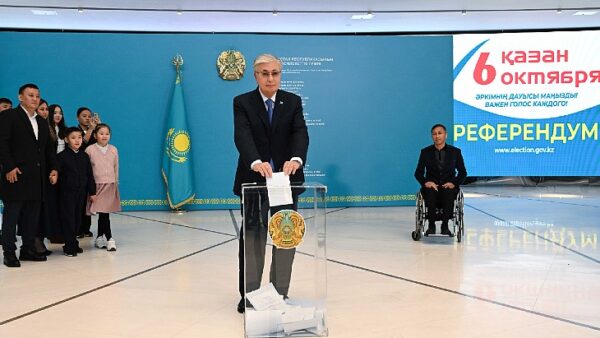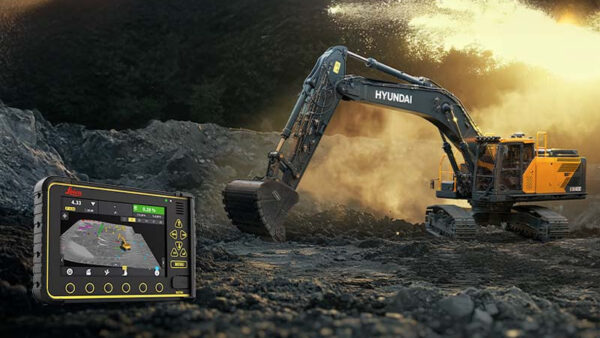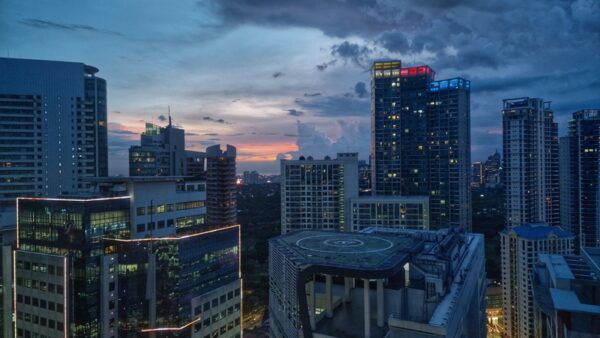After six years of planning and procurement, construction work officially started yesterday on a $490m scheme to build a port in poverty stricken Timor-Leste, a recently independent state in the Indonesian archipelago.
The construction of a deepwater port at Tibar Bay, about 10km west of the capital of Dili, will be undertaken by Bolloré Ports, a division of the Brittany-based logistics giant Bolloré Group.
Bolloré will undertake the project on a public-private partnership (PPP) basis, and will design the build the port and operate it for 30 years once it is complete in 2020. It will also arrange most of the capital investment, although the Timorese government will contribute $130m.
It beat three other teams to the contract. These were led by Mota-Engil of Portugal, DP World of Dubai and International Container Terminal Services of the Philippines.
The port will have a 630m long dock, a 27ha container terminal, 11.6ha of offices and workshops and state-of-the-art equipment, including two ship-to-shore and five rubber-tyre gantry cranes. It will be able to accommodate ships with a draft of 15m, deep enough for all but the largest container ships.
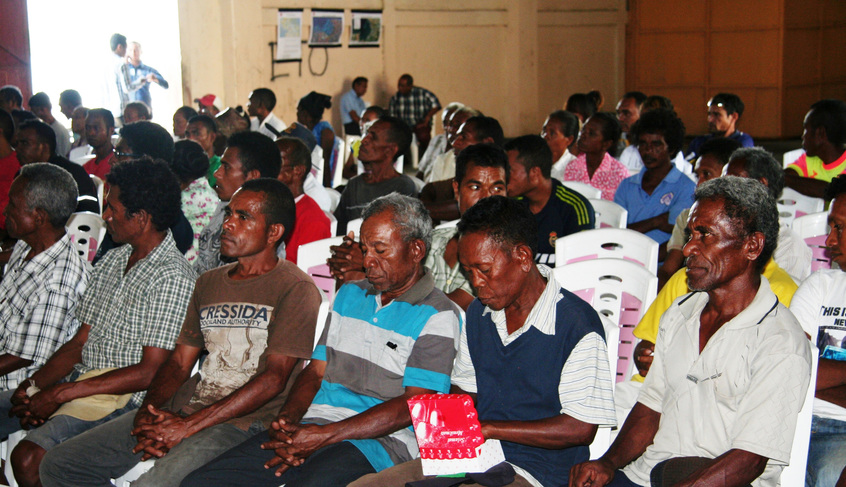
A community meeting in Tibar to discuss the impact of the port (timorpppinvestor.wordpress.com)
Xanana Gusmão, the Timorese minister of planning, stressed the benefits of a PPP procurement route when the contract was signed in June last year. He said Timor would gain access to private capital, as well as advanced technology.
He added: “This port will allow greater regional and market integration, contribute to the reduction of transport costs and help to move goods faster and more efficiently, which will help to develop and diversify the economy.”
Timor-Leste has a GDP of about $1.4bn, which would have made a modern port unaffordable. It continues to suffer the effects of a 26-year independence struggle against Indonesia, which wrecked the country’s infrastructure and stymied investment. Unemployment presently runs at 20% and about half its population are illiterate.
According to Gastão de Sousa, the minister of public works, Tibar port will help to raise the country to the position of medium-to-high income by 2030.
The country’s fortunes may improve, however, once offshore oil and natural gas resources are exploited. These have been the subject of a long-running legal battle with Australia, which led to Australia’s withdrawing from the International Court of Justice and the International Tribunal for the Law of the Sea on cases relating to maritime boundaries.
Top image: Officials of the Timorese government and Bolloré executives at the signing of the agreement in 2016Â (Government of Timor-Leste)
Further Reading:





